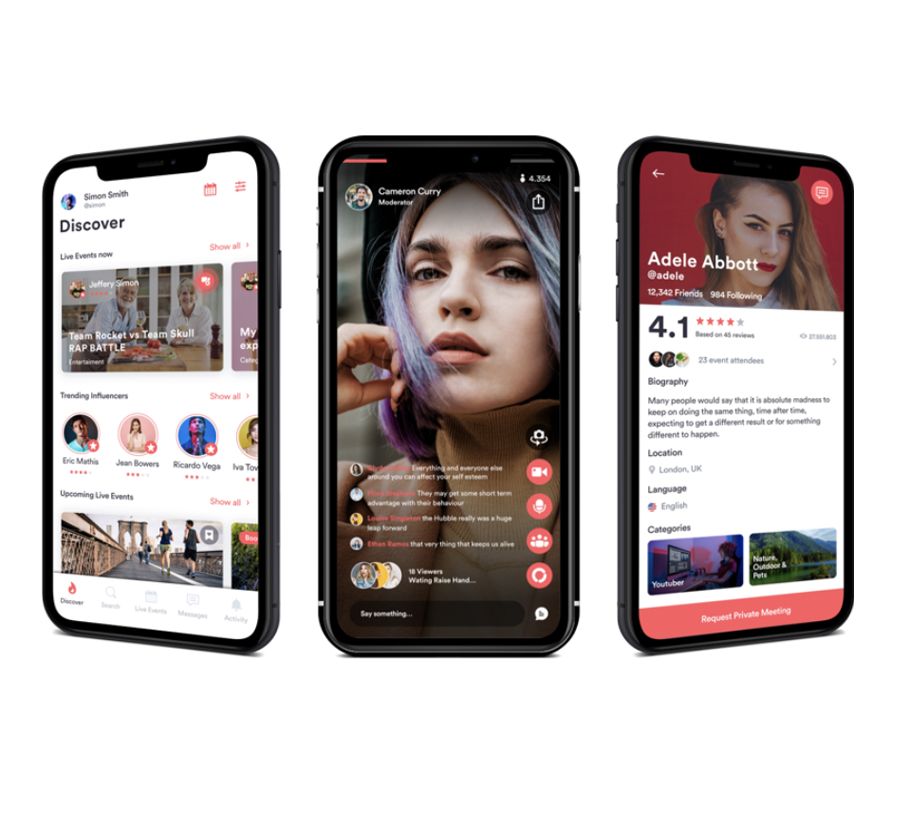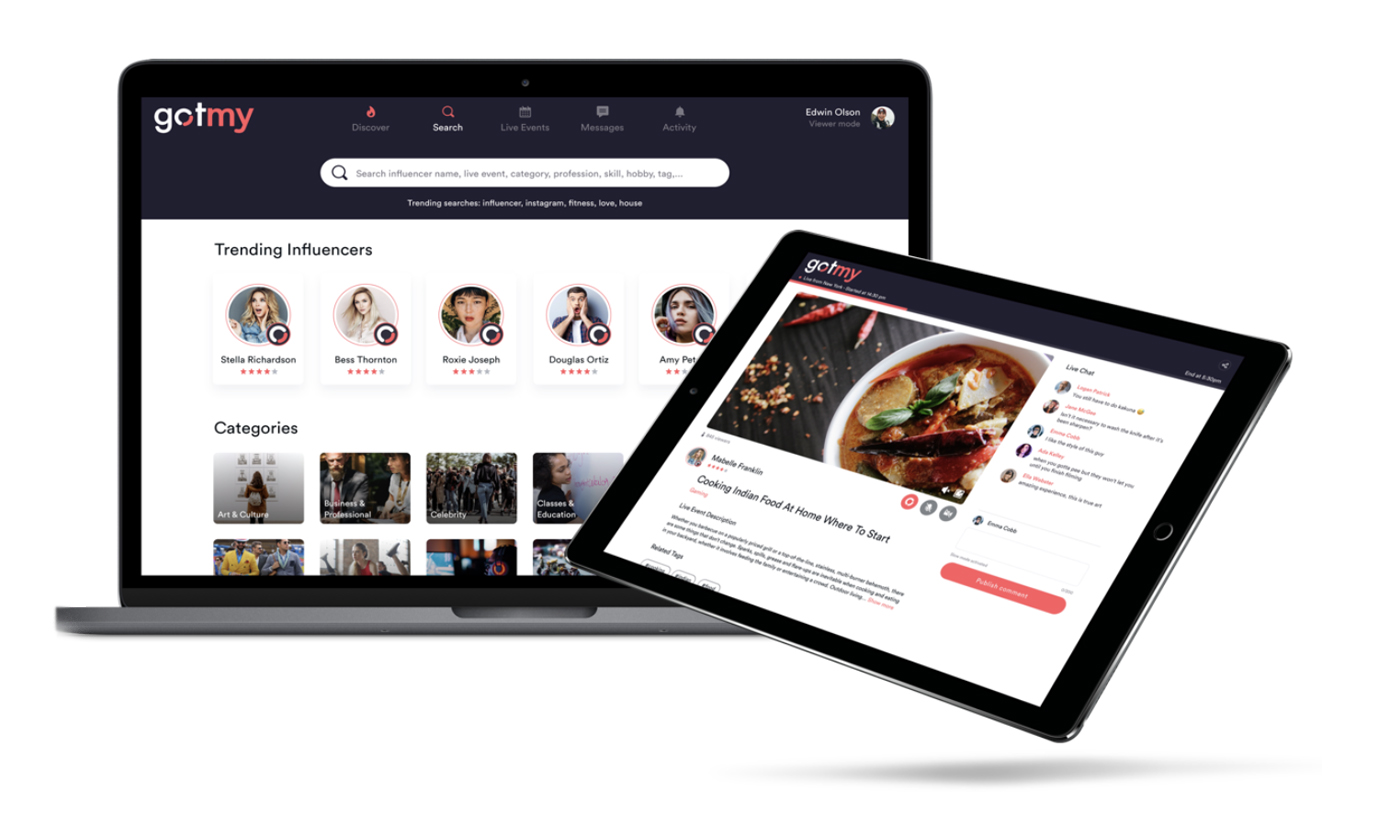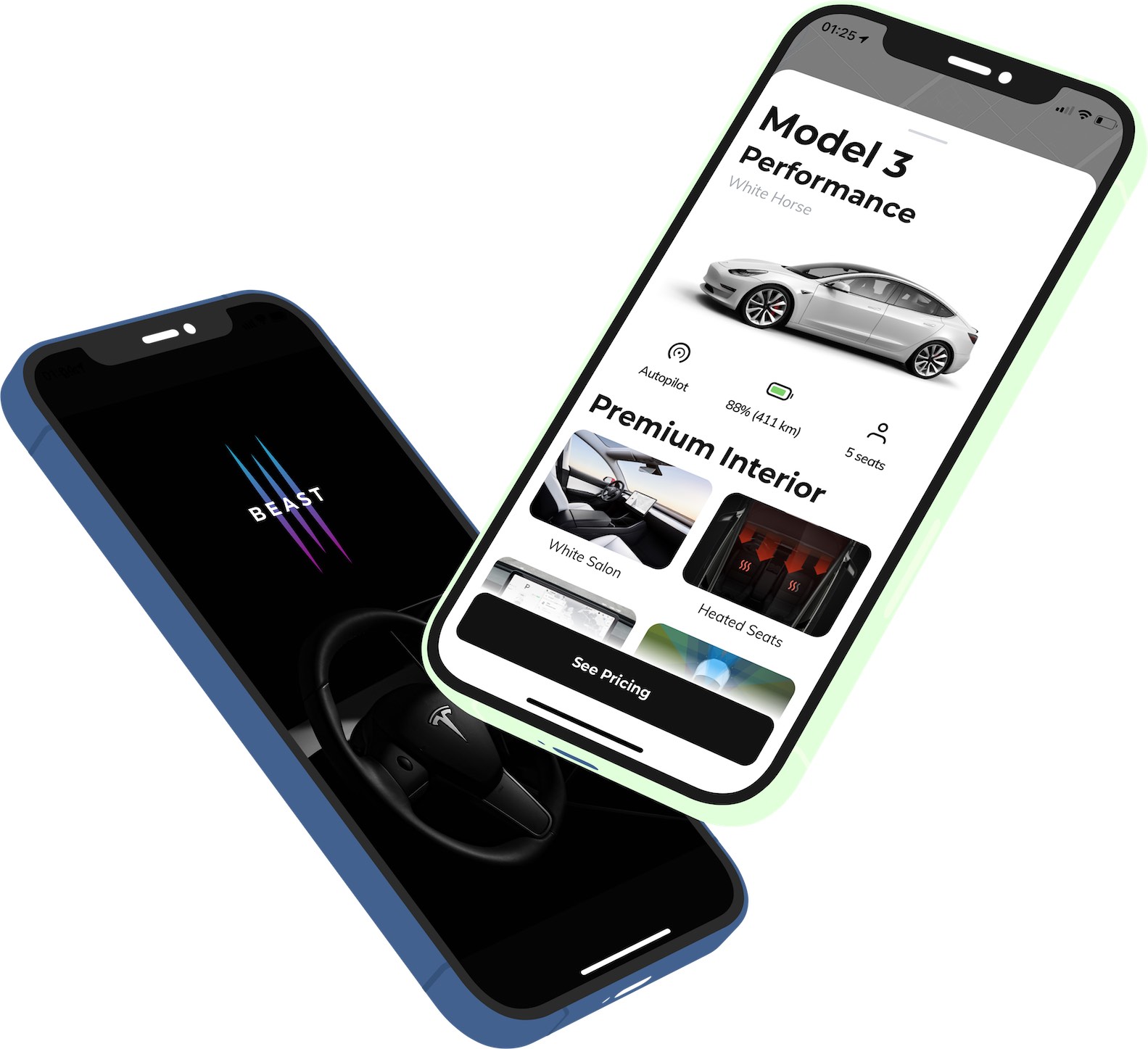ABOUT ME
I am Antonio Benítez Guijarro I am a Full Stack freelance developer. I studied Computer Engineering specialized in Software Engineering at the School of Computer and Telecommunications Engineering of the University of Granada.
In the professional field I am interested above all in the fields related to computer science, research, new technologies and audiovisual entertainment, although I do not rule out trying anything else.
My hobbies are discovering new things in my work areas, creating and enjoying audiovisual content (videogames, music, movies, series or short films), traveling, enjoying free time with my family and friends and an endless number of activities. I consider myself a hard-working, creative, open-minded, sociable and quite empathetic person.
Personally I think that the limits to achieve anything are those that we impose on ourselves and that the wealth of what we finally become is what we have come to discover by testing endless branches of possibilities in our path.
EXPERIENCE
PUBLICATIONS
Introducing Computational Semantics for Natural Language Understanding in Conversational Nutrition Coaches for Healthy Eating
Published in MDPI Proceedings 2018
Nutrition e-coaches have demonstrated to be a successful tool to foster healthy eating habits, most of these systems are based on graphical user interfaces where users select the meals they have ingested from predefined lists and receive feedback on their diet. In this paper, we present a method that improves state-of-the-art approaches by means of the inclusion of nutritional semantic aspects at different stages during the natural language understanding processing of the user written or spoken input. The outcome generated is a rich nutritional interpretation of each user ingest that is independent of the modality used to interact with the coach.
General Architecture for Development of Virtual Coaches for Healthy Habits Monitoring and Encouragement
Published in MDPI Sensors 2018
In this manuscript, we present system architecture intended to serve as a reference architecture for building HTA solutions. In order to validate the proposed architecture, we performed a preliminary evaluation with 15 well recognized experts in systems and software architecture from different entities around world and who have estimated that our proposal can generate architecture for HTA that is adequate, reliable, secure, modifiable, portable, functional, and with high conceptual integrity. In order to show the applicability of the architecture in different HTA, we developed two telemonitoring systems based on it, targeted to different tasks: nutritional coaching (Food4Living) and physical exercise coaching (TrainME). The purpose was to illustrate the kind of end-user monitoring applications that could be developed.
Architecting dietary intake monitoring as a service combining NLP and IoT
Published in Springer 2019
Currently there exist many tools that support monitoring and encouragement of healthy nutrition habits in the context of wellness promotion. In this domain, interfaces based on natural language provide more flexibility for nutritional self-reporting than traditional form-based applications, allowing the users to provide richer and spontaneous descriptions. In this paper, we present a service-based architecture that helps to contrast and complement the descriptions of food intakes by means of connected smart home devices, coordinating all the stages during the process of recognizing food records provided in natural language. Additionally, we aim to identify and design the essential services that are required to automate the recording and subsequent processing of natural language descriptions of nutritional intakes in association with smart home devices. The functionalities provided by each of these services are ready to work in isolation, just out of the box, or in downstream pipeline processes, bypassing the inconveniences of monolithic architectures.
Coordination of Speech Recognition Devices in Intelligent Environments with Multiple Responsive Devices
Published in MDPI Proceedings 2019
This paper presents an approach to rank several sources of spoken input in multi-device environments in order to give preference to the input with the highest estimated quality. The voice signals received by the multiple devices are assessed in terms of their calculated acoustic quality and the reliability of the speech recognition hypotheses produced. After this assessment, each input is assigned a unique score that allows the audio sources to be ranked so as to pick the best to be processed by the system. In order to validate this approach, we have performed an evaluation using a corpus of 4608 audios recorded in a two-room intelligent environment with 24 microphones. The experimental results show that our ranking approach makes it possible to successfully orchestrate an increasing number of acoustic inputs, obtaining better recognition rates than considering a single input, both in clear and noisy settings.
Co-creating Requirements and Assessing End-User Acceptability of a Voice-Based Chatbot to Support Mental Health: A Thematic Analysis of a Living Lab Workshop
Published in Springer 2020
Mental health and mental wellbeing have become an important factor to many citizens navigating their way through their environment and in the work place. New technology solutions such as chatbots are potential channels for supporting and coaching users to maintain a good state of mental wellbeing. Chatbots have the added value of providing social conversations and coaching 24/7 outside from conventional mental health services. However, little is known about the acceptability and user led requirements of this technology. This paper uses a living lab approach to elicit requirements, opinions and attitudes towards the use of chatbots for supporting mental health. The data collected was acquired from people living with anxiety or mild depression in a workshop setting. The audio of the workshop was recorded and a thematic analysis was carried out. The results are the co-created functional requirements and a number of use case scenarios that can be of interest to guide future development of chatbots in the mental health domain.
WORK EXPERIENCE
-
Sep 2017
Dec 2017
-
Dec 2018
Aug 2019
-
Apr 2019
Aug 2019
-
Oct 2020
-
Aug 2019
Currently
PROJECTS
MENHIR PROJECT WEBSITE
Installation, design and developing of WordPress Site for an European Commission Project (MENHIR Project).
Check the website here.
WEBSITE DEVELOPMENT
Installation, design and developing of WordPress Site for professional resume.
Check the website here.
MOBILE APPS & OTHER PROJECTS
REFERENCES

Zoraida Callejas Carrión
Professor and lead researcher at the University of Granada

Manuel Noguera García
Professor and lead researcher at the University of Granada

Kawtar Benghazi Akhlaki
Professor and lead researcher at the University of Granada

Adolfo Rivera Ariza
CEO at Ilogidis

Gavin McConvey
Business Development Manager at AMH Action Mental Health

Carlos Presa Andanuche
CTO Workia

Wojciech Soczyński
CEO at TH-EY

Filip Kubala
Co-founder at TH-EY S&D LTD

Filip Mazur
Lead Mobile Developer at TH-EY

Jose E. Puente
CEO gotmy | The Inspiring Platform for Virtual Events & Live Video

Faustino Castro
Co-Founder & CTO at gotmy
PERSONAL SPACE




